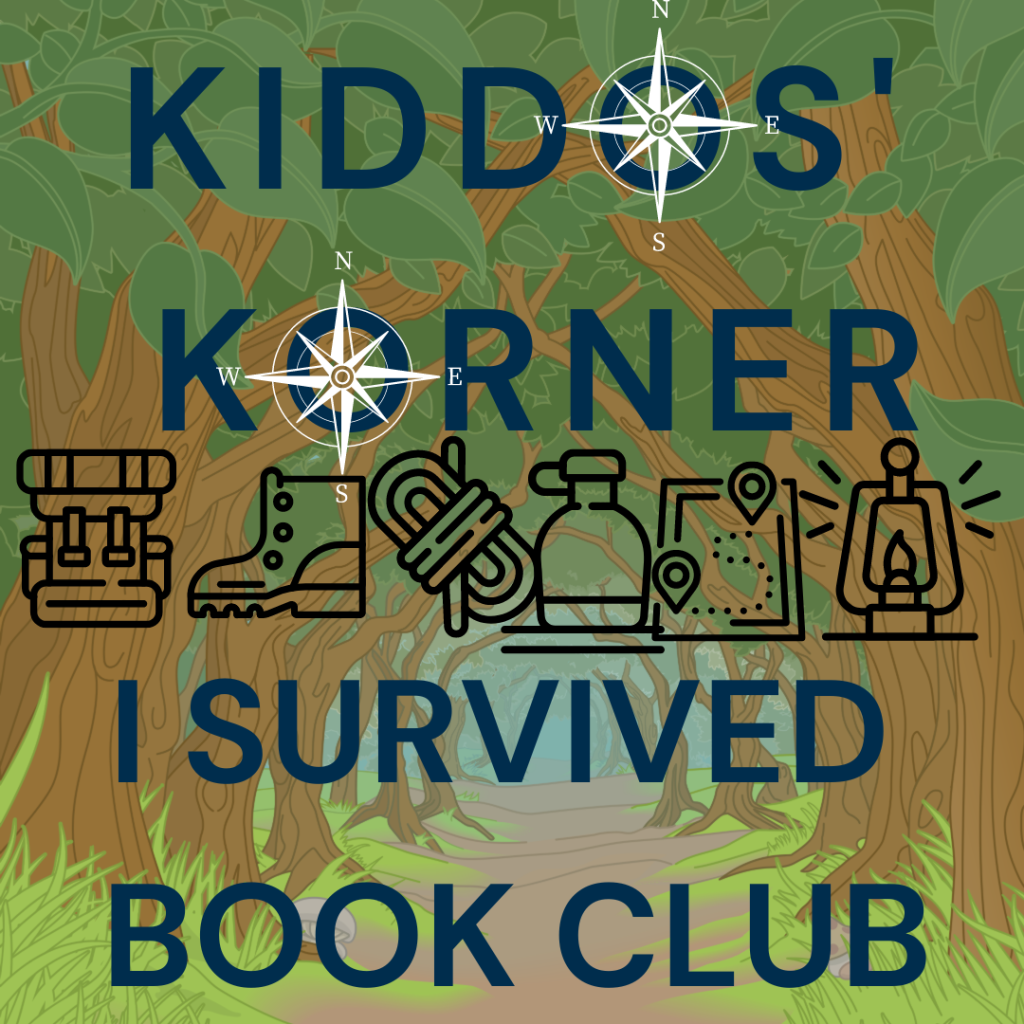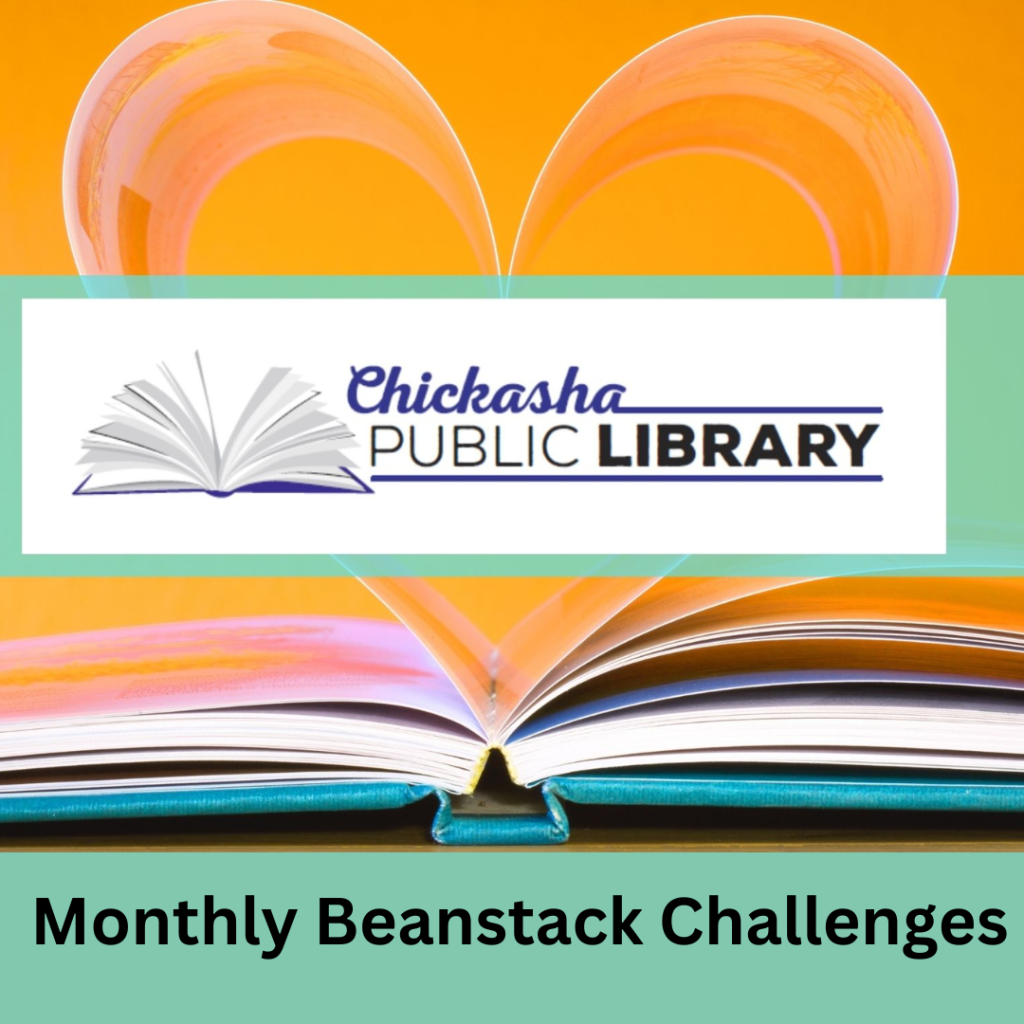Children
Children’s Virtual Room. Explore and Enjoy!
CPL Program/Events Calendar
Click for a calendar of upcoming events and programs. All youth events are FREE!
Q & A
How old do you have to be get a Library card?
- only 4 years old!
How long can a child be at the library?
- Under 9: all day with a caregiver/guardian
- 9-12: 2 hours maximum without a caregiver/guardian
- Over 12: all day without a caregiver/guardian
What can my child do at the library?
- Join Clubs and enjoy Free Youth Programs*
- Take & Make craft kits
- Monthly Scavenger Hunts
- Check out books and other items including kits
- Access Kanopy Kids for TV shows and movies
- Access the Libby app for online reading.
Check the CPL events calendar for details.

*Monthly Clubs/Programs: “I Survived” Book Club
Benefits of participating in inclusive bookclubs:
Book clubs are defined as small groups of people who meet together to discuss the books,
stories, or poems that they all have read (Danials, 2002). Book clubs provide multiple
opportunities for people to learn from other people. They also help children synthesize
information, have conversations focused around important themes, represent ideas in writing,
and learn about different perspectives (Raphael & McMahon, 1994). Book clubs allow
participants to talk about their individual findings within a text and learn about others
perspectives (Goatley, Brock, & Raphael, 1995). Raphael and McMahon (1994) said that book
clubs are a good way for students to learn by observing others in the group. Students can learn
appropriate social skills, find other connections to the text, or provide insight to an unknown
passage. According to Finke, McNaughton, and Drager (2009), when students’ work together in
groups it promotes teamwork and inclusion.
The book club environment can facilitate therapeutic strategies within a group setting.
Group therapies, or group meetings, can provide a community of commonality and solidarity
where all members all have equal say and all response are valued. (Lasry, 2010). Gazeas (2012)
states that by including typically developing and non-typically developing peers in group
therapy, a safe, supportive, and naturalistic environment for relationships to be created. In
PARENT PERSPECTIVES ON INCLUSIVE BOOK CLUBS 8
addition, book clubs can help children synthesize information, have conversations focused
around important themes, represent ideas in writing, and learn about different perspectives
(Raphael & McMahon, 1994).
Book clubs are a place to help children improve their reading comprehension. Successful
methods for improving reading comprehension in typically developing children include
connecting the story with prior knowledge, identifying the main idea, asking questions, creating
mental images, making inferences, retelling the story, using repair strategies, participating in
cooperative learning, taking part in multiple strategy instruction, and utilizing graphic organizers
(Keene & Zimmerman, 1997; National Reading Panel, 2000). A book club has the potential to be
a natural cooperative learning group. By definition, cooperative learning occurs when students
come together, discuss what they have read, and teach each other reading comprehension
strategies. (John, 2006; Littlejohn, 2011; McLellan, 2012; National Reading Panel, 2000;
O’Donnell-Allen, 2006). For more information check out the full report. https://scholarworks.uni.edu/cgi/viewcontent.cgi?article=1710&context=grp
We also have a variety of fun and educational youth programs offered each month including paint classes, cooking classes, “Let’s Get Geeky” STEM events and so much more. Check our calendar for monthly program information, dates and time.
Other Free Youth Programs:



Learn more about upcoming events by following the Library’s Facebook and Instagram.

